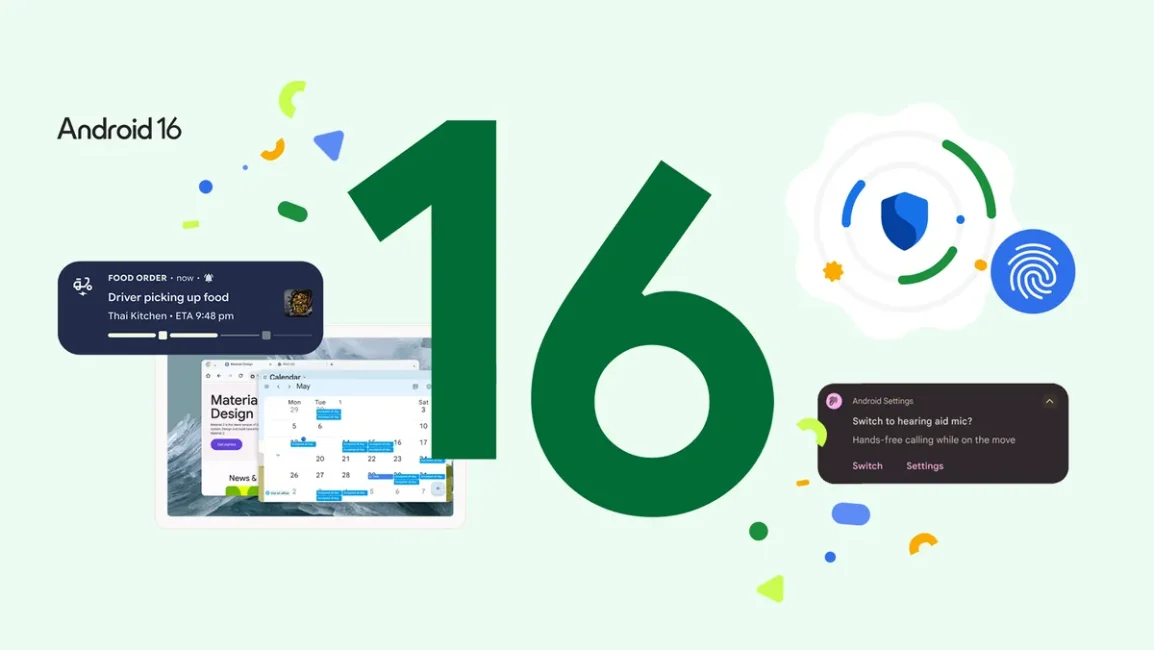Google is quietly rolling out AI-powered summaries in its Discover feed—a major upgrade that could reshape how users digest mobile news. The feature, currently in testing on both Android and iOS, delivers succinct, AI-generated story summaries straight in the feed, letting you decide with a glance whether to read more or save it for later.
What to expect in your Discover feed
- AI-generated summaries: Instead of just a headline and publisher logo, some Discover cards now display short AI-written overviews—typically three lines of text—with a “See more” option to expand the story. These summaries are pulled from multiple sources, with overlapping icons hinting at their aggregated origin.
- AI disclaimer: Each summary includes a subtle label: “Generated with AI, which can make mistakes,” reminding users of the generative nature and potential for errors.
- Enhanced bookmarking: Discover is also testing a new “Save” icon directly on the card, making it easier for users to bookmark stories and revisit them later via the Activity tab.
Why this matters
This move extends Google’s AI integration beyond traditional search into content discovery. The feature builds on AI Overviews already active in Google Search, now refined for mobile browsing and feed-based news consumption.
For users, the AI summaries mean quicker content previews, saving time and offering convenience. But for publishers, the feature raises red flags. By revealing the core of a story upfront, summaries may discourage full article reads, potentially impacting click-through rates and ad revenue.
Publishers on alert
SEO specialists and digital media companies are closely watching this development. Reports have shown that Google’s AI Overviews in Search have already reduced traffic to some sites by significant margins. If AI-powered summaries in Discover follow suit, it could fundamentally shift how digital content performs across the mobile web.
The concern is that readers might find what they need in the summary and skip visiting the source altogether. This would alter publisher strategies around headline writing, paywalls, and the value of original reporting.
Google’s balancing act
While these fears are real, Google appears to be trying to strike a balance. In Search, AI Overviews are accompanied by source links, contributor attributions, and warnings about potential inaccuracies.
In the Discover feed, features like Save icons and multi-source badges hint that Google wants to preserve user engagement while also rewarding content creators. Whether that balance is achieved remains to be seen.
Early stage, broad implications
Currently, AI summaries in Discover are only visible to a limited test group in the U.S. Not all story types are included, and visual formats like videos are not yet part of the trial. However, this soft rollout signals Google’s broader ambitions: to make AI an essential part of how users engage with everyday content—not just search queries.
The bigger picture: AI in content discovery
This initiative is part of a growing trend where Google is integrating AI across its product suite—from Search and Assistant to YouTube and now Discover. Features like AI Mode, audio summaries, and now feed-based overviews point to a future where smart summaries and AI-curated experiences become the default across platforms.
Google’s goal is clear: give users faster, smarter ways to consume information without friction. For mobile users especially, the convenience of scanning summaries without opening multiple tabs is a compelling upgrade.
Final analysis
Google Discover’s new AI-powered summaries are a significant milestone in mobile content delivery.
- For users: they offer quick, digestible previews, improving speed and convenience.
- For publishers: they present both opportunity and risk—expanded reach but possible reduced traffic.
- For Google: it’s another step in integrating AI into daily user habits.
As the testing phase continues, the implications are clear: if successful, this could transform how we read the news, how publishers write it, and how platforms like Google control the gateway between the two.
The AI-driven content landscape is evolving rapidly—and Google Discover might just be the next big frontier.




